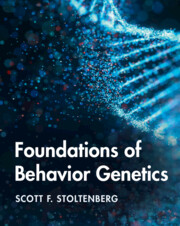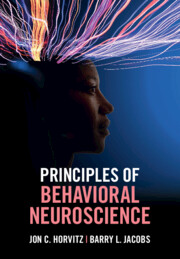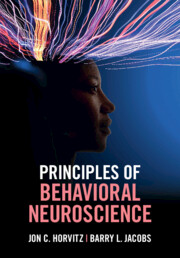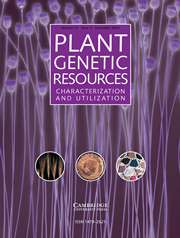Foundations of Behavior Genetics
Foundations of Behavior Genetics provides a forward-looking introduction to this fascinating field. Written by an experienced teacher and researcher, this text focuses on concepts, methods, and findings that inform our understanding of heredity–behavior relations. The book's neuroscience perspective asks students to think about potential neural mechanisms involved in pathways from genes to behavior. While the text is primarily focused on human behavior genetics, it also emphasizes the importance of non-human animal models in experimental studies, as well as their evolutionary connections to humans. Part I covers the history of behavior genetics and the basics of non-molecular genetics; Part II discusses molecular genetics and neurogenetics; Part III addresses various behavioral disorders; and Part IV explores health, social behavior, and ethical implications. The text includes detailed chapter summaries, several “Check-up” questions after major sections that test student understanding, and recommended readings. Instructors are provided with a test bank of multiple-choice items and hi-res JPEGs of the many illustrations created for the book.
- Provides a forward-looking perspective on the field of behavior genetics, including important advances in methods.
- Emphasizes the importance of non-human animal models in experimental studies, as well as their evolutionary connections to humans.
- The book's neuroscience perspective helps students to think about potential neural mechanisms involved in pathways from genes to behavior.
- Check-up questions at the end of each section engage students in an active learning experience and reinforce concepts for increased retention of the material.
- Boxes motivate students by tying the study of behavior genetics to issues relevant to their lives.
Reviews & endorsements
'A highly accessible text that covers some of the most interesting, and relevant, areas of this ever-evolving field of study. Great balance of historical perspective mixed with some of the most contemporary research. Tailor-made for introducing students to the field of behavior genetics.' Terrence Bazzett, SUNY Geneseo
Product details
July 2022Hardback
9781108487979
500 pages
260 × 207 × 26 mm
1.2kg
Available
Table of Contents
- Preface
- Acknowledgements
- Part I. Fundamentals
- 1. Introduction to behavior genetics
- 2. Mendelian genetics
- 3. Heritability
- Part II. Molecules and cells
- 4. Genes
- 5. Genetic variation
- 6. Neurogenetics
- Part III. Behaviors and behavioral disorders
- 7. Serious mental illness
- 8. Learning and memory
- 9. Emotion and depressive disorders
- 10. Fear and anxiety
- 11. Addiction
- Part IV. Health, social behavior, and implications
- 12. Eating and exercising
- 13. Social behavior
- 14. Behavior genetics in real life
- 15. Eugenics
- Glossary
- Index.










